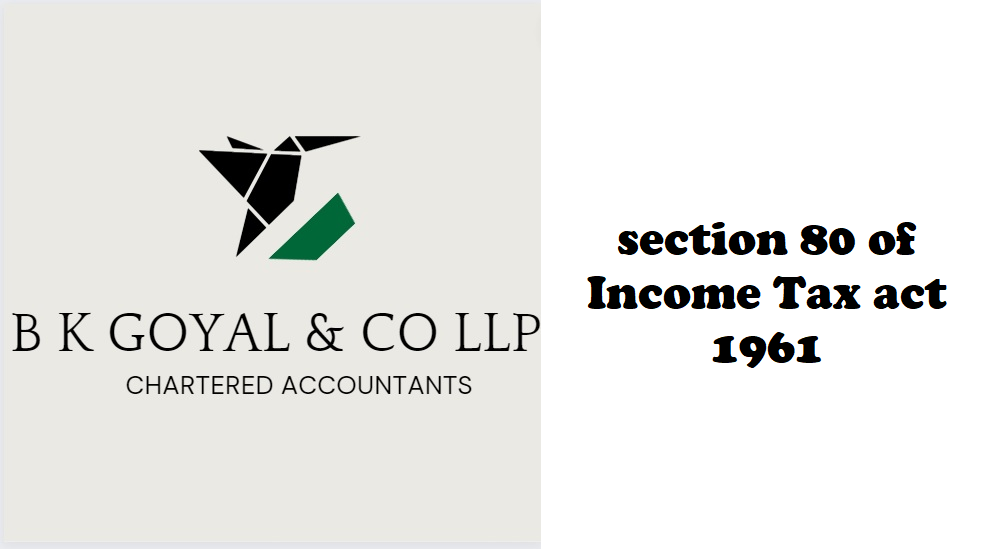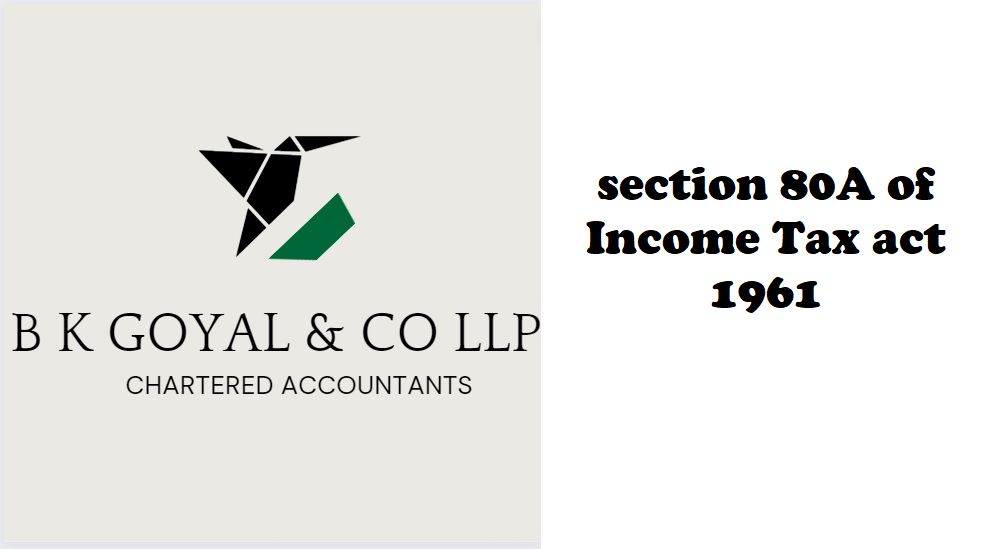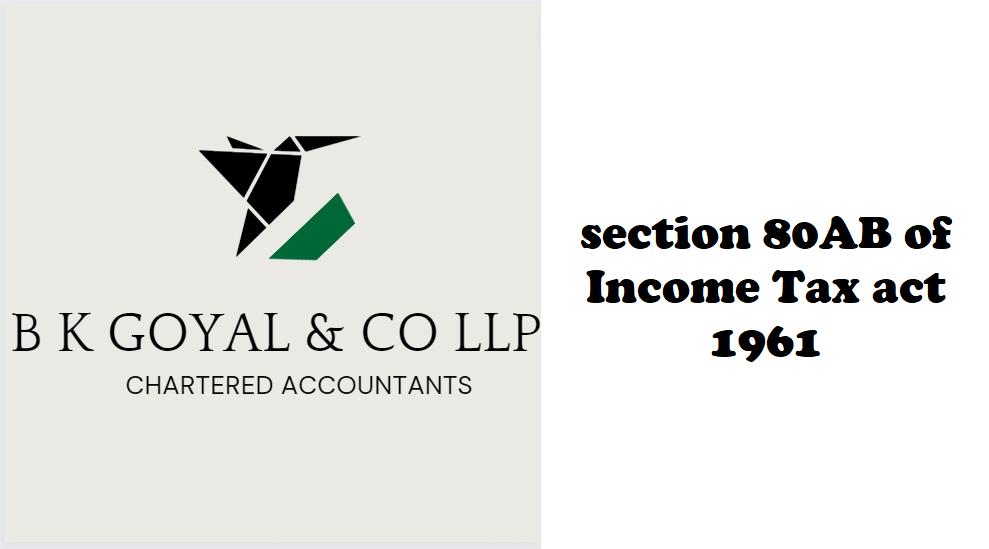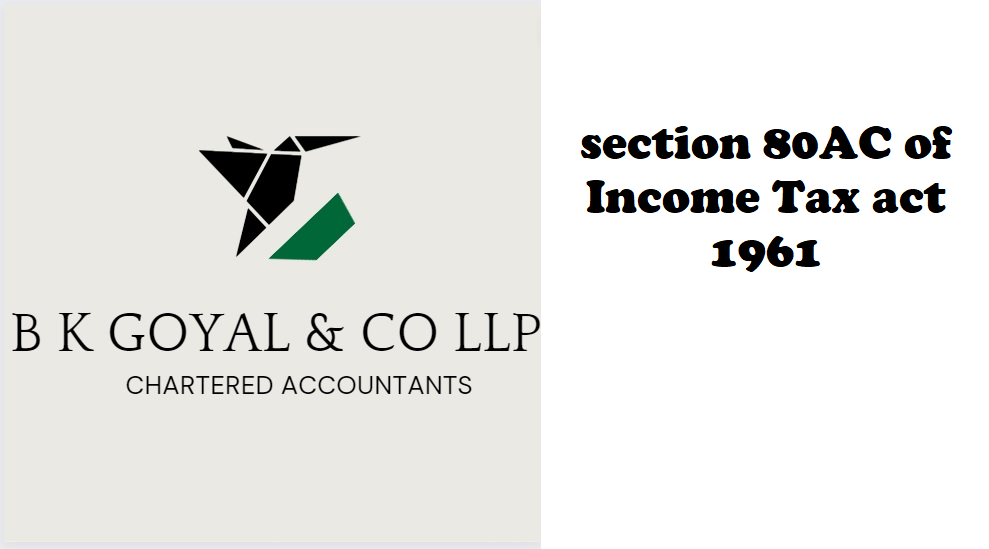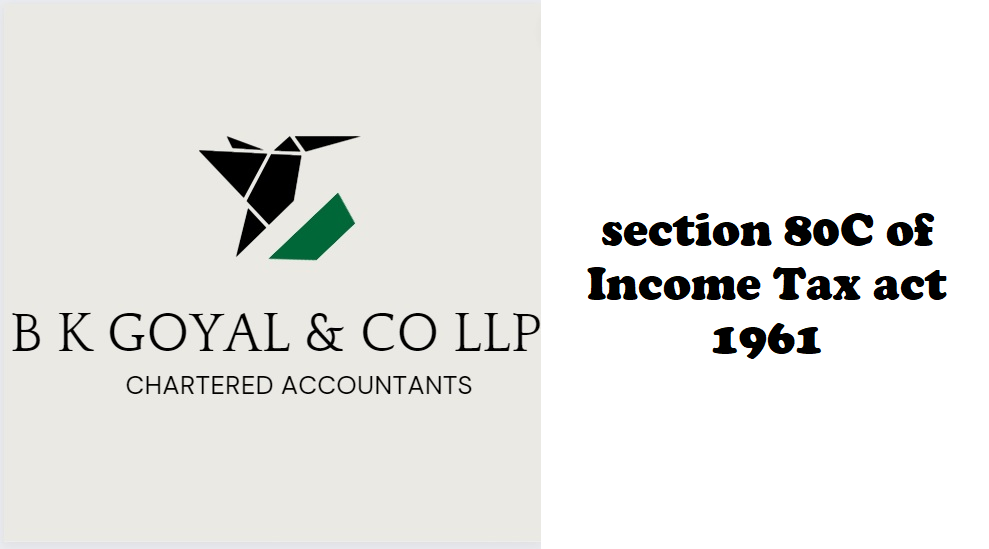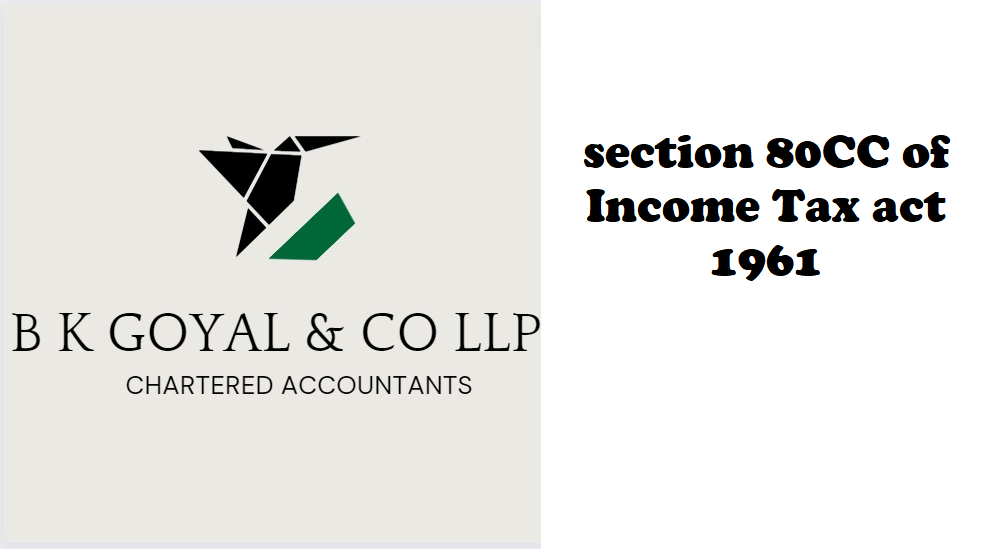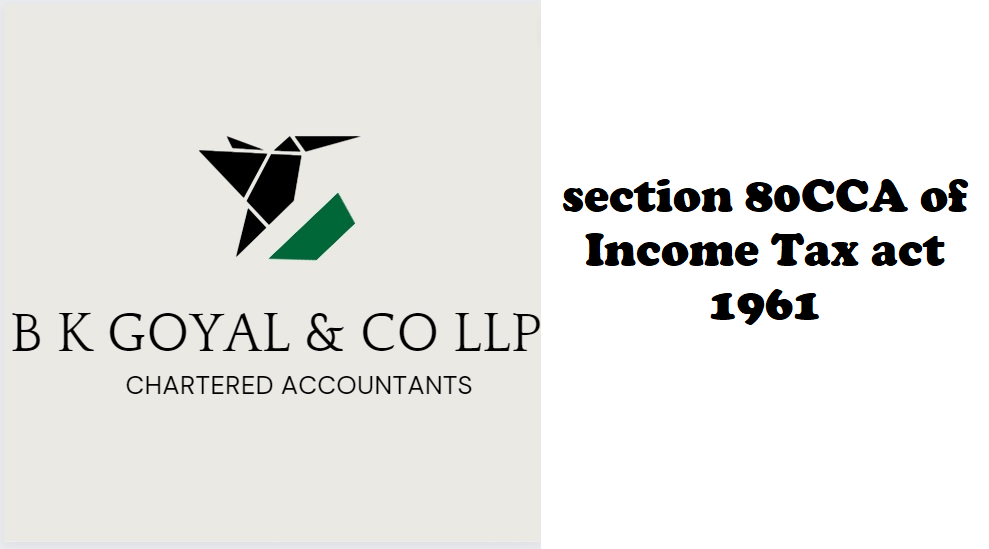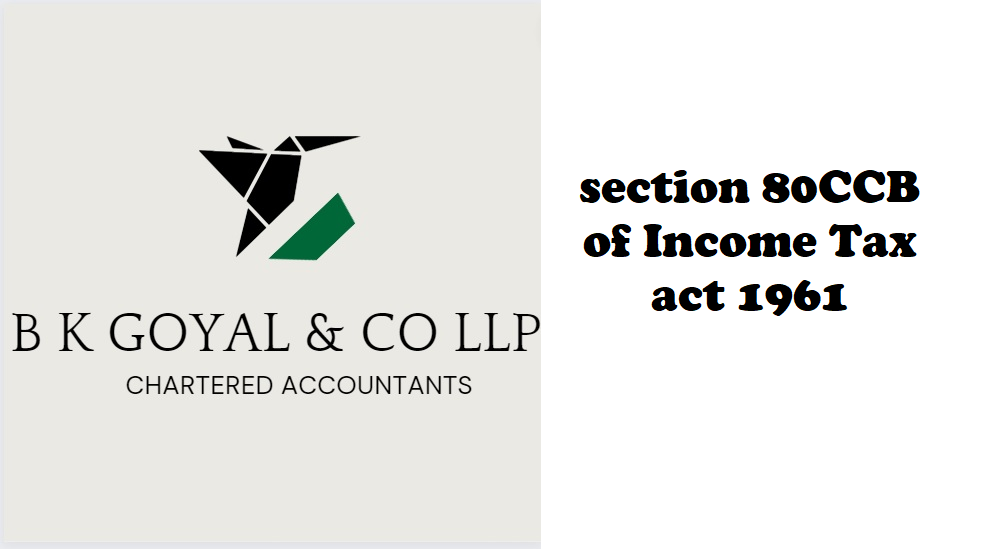Deduction in respect of life insurance premia, deferred annuity, contributions to provident fund, subscription to certain equity shares or debentures, etc Key Takeaways: Deduction of up to ₹150,000: Individuals and HUFs can claim a deduction of up to ₹150,000 from their taxable income under Section 80C. Eligible Investments and Expenses: This deduction covers a wide range of investments and expenses, including: Life insurance premiums Provident fund contributions Equity-linked savings schemes (ELSS) National Pension Scheme (NPS) Sukanya Samriddhi Yojana (SSY) Public Provident Fund (PPF) 5-year fixed deposits with banks Tuition fees for children Home loan principal repayment Senior Citizens Savings Scheme (SCSS) Post Office Time Deposit (POTD) Conditions and Restrictions: Investments must be made in specified instruments or schemes. Maximum deduction limit of ₹150,000 applies collectively to all eligible investments. Some investments have lock-in periods. Premature withdrawals may lead to loss of tax benefits. Illustrative Examples (Indian Context): Rahul, a salaried employee, invests ₹50,000 in an ELSS, ₹50,000 in PPF, and pays ₹50,000 as life insurance premium. He can claim a deduction of ₹150,000 under Section 80C. Riya, a self-employed individual, contributes ₹40,000 to her NPS account and pays ₹1.1 lakh as tuition fees for her two children. She can claim a deduction of ₹1.5 lakh under Section 80C. Section 80C Tax Deductions in India: A Comprehensive Table Category Eligible Investments/Expenses Maximum Deduction Lock-in Period Additional Notes Life Insurance – Premiums paid for self, spouse, children Up to 10% of actual sum assured (15% for disabled & specified diseases) Policy term Tax benefit reduces if policy surrendered early (< 2/5 years for single premium, < 2 years for regular) Provident Funds – Employee Provident Fund (EPF) contributions Up to 12% of salary Minimum 10 years – Public Provident Fund (PPF) contributions ₹1.5 lakh 15 years Early withdrawal incurs penalty – Voluntary Provident Fund (VPF) contributions Up to 100% of basic salary Minimum 10 years Equity-Linked Savings Schemes (ELSS) Investment in ELSS mutual funds ₹1.5 lakh 3 years Market-linked risks apply National Pension Scheme (NPS) Tier-I contributions by individuals Up to ₹1.5 lakh (additional ₹50,000 under 80CCD(1B)) 60 years Government pension after retirement Sukanya Samriddhi Yojana (SSY) Deposits for girl child below 10 years Up to ₹1.5 lakh 21 years Attractive interest rate Other Investments – Unit Linked Insurance Plans (ULIPs) ₹1.5 lakh Policy term Tax benefit based on premium and investment components – Senior Citizens Savings Scheme (SCSS) ₹1.5 lakh 5 years Higher interest rate for senior citizens – 5-year bank fixed deposits with specific schemes ₹1.5 lakh 5 years Premature withdrawal may incur penalty Education Expenses – Tuition fees for children upto 2 children (full-time education) ₹1.5 lakh N/A Only for recognized schools/colleges in India Home Loan – Principal repayment of home loan ₹1.5 lakh Until loan tenure Interest on home loan deductible under Section 24 Provision of section 80C of Income Tax act 1961 (1) In computing the total income of an assessee, being an individual or a Hindu undivided family, there shall be deducted, in accordance with and subject to the provisions of this section, the whole of the amount paid or deposited in the previous year, being the aggregate of the sums referred to in sub-section (2), as does not exceed one hundred and fifty thousand rupees. (2) The sums referred to in sub-section (1) shall be any sums paid or deposited in the previous year by the assessee— (i) to effect or to keep in force an insurance on the life of persons specified in sub-section (4); (ii) to effect or to keep in force a contract for a deferred annuity, not being an annuity plan referred to in clause (xii), on the life of persons specified in sub-section (4): Provided that such contract does not contain a provision for the exercise by the insured of an option to receive a cash payment in lieu of the payment of the annuity; (iii) by way of deduction from the salary payable by or on behalf of the Government to any individual being a sum deducted in accordance with the conditions of his service, for the purpose of securing to him a deferred annuity or making provision for his spouse or children, in so far as the sum so deducted does not exceed one-fifth of the salary; (iv) as a contribution by an individual to any provident fund to which the Provident Funds Act, 1925 (19 of 1925) applies; (v) as a contribution to any provident fund set up by the Central Government and notified by it in this behalf in the Official Gazette, where such contribution is to an account standing in the name of any person specified in sub-section (4); (vi) as a contribution by an employee to a recognised provident fund; (vii) as a contribution by an employee to an approved superannuation fund; (viii) as subscription, in the name of any person specified in sub-section (4), to any such security of the Central Government or any such deposit scheme as that Government may, by notification in the Official Gazette, specify in this behalf; (ix) as subscription to any such savings certificate as defined in clause (c) of section 2 of the Government Savings Certificates Act, 1959 (46 of 1959), as the Central Government may, by notification in the Official Gazette, specify in this behalf; (x) as a contribution, in the name of any person specified in sub-section (4), for participation in the Unit-linked Insurance Plan, 1971 (hereafter in this section referred to as the Unit-linked Insurance Plan) specified in Schedule II of the Unit Trust of India (Transfer of Undertaking and Repeal) Act, 2002 (58 of 2002); (xi) as a contribution in the name of any person specified in sub-section (4) for participation in any such unit-linked insurance plan of the LIC Mutual Fund referred to in clause (23D) of section 10, as the Central Government may, by notification in the Official Gazette, specify in this behalf; (xii) to effect or to keep in force a contract
